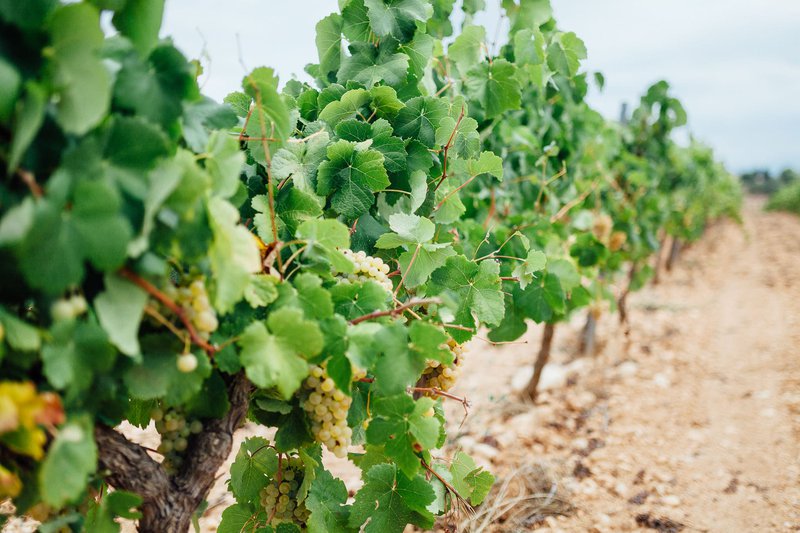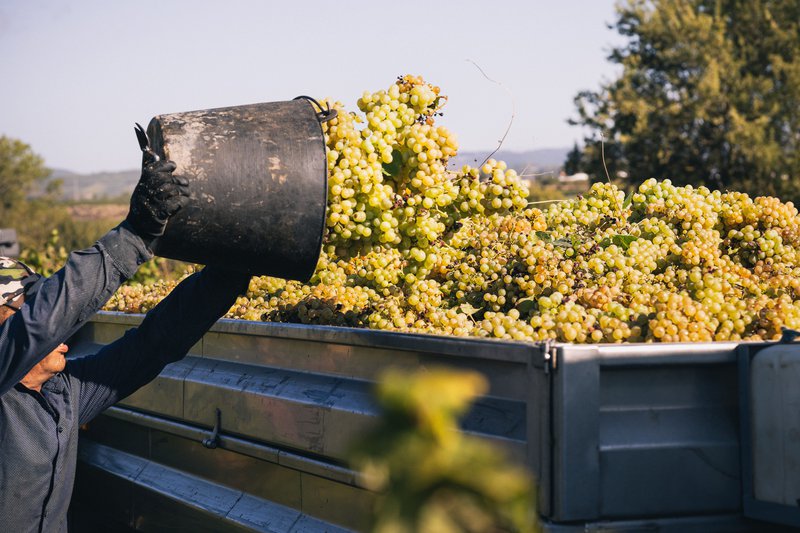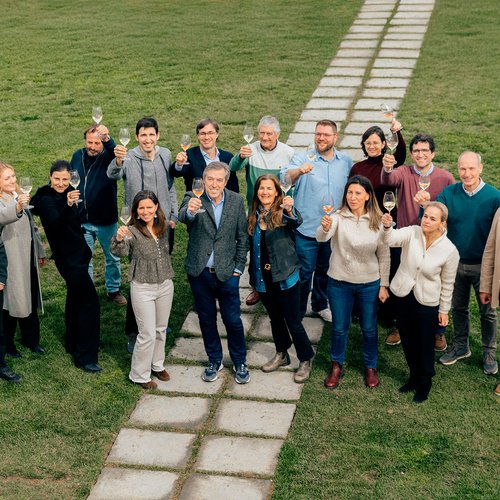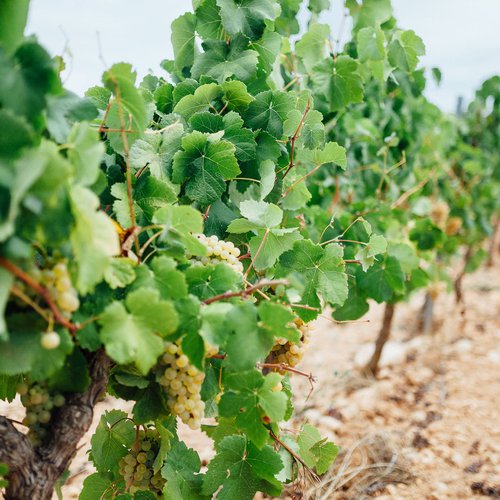The D.O. CAVA finishes its harvest with a commitment to increasing production of Cavas de Guarda Superior
- The variable weather conditions, low rainfall, and high temperatures have led to a challenging harvest.
- The D.O. CAVA highlights its exceptional quality, both in terms of health and ripeness, with appropriate alcohol content and acidity.
Vilafranca del Penedès, 9 October 2023. The Cava Designation of Origin has completed the 2023 harvest, highlighting its strong commitment to the production of Cavas de Guarda Superior. This approach responds to the demand for grapes of the Guarda Superior category, following on from last year's harvest as the first when grapes from plots destined exclusively for Cavas de Guarda Superior were differentiated.

Like last year, the harvest started at the beginning of August, and the result, being a supra-regional designation of origin, has been uneven for the different areas that make up the D.O. CAVA. The harvest as a whole is balanced, but some regions have been more affected than others, such as the Valls d'Anoia-Foix subzone, which belongs to the Comtats de Barcelona.
One of the main challenges for winegrowers and winemakers is to preserve the high quality of Cava, clearly proved by the consolidated control system with real-time qualitative and quantitative data entry as a guarantee of traceability, which is a fundamental pillar of the Regulatory Council. The vineyards and wineries have been continuously monitored by approximately 100 inspectors.

The president of the Regulatory Council, Javier Pagés, highlighted “the extreme conditions that the vine growers and winemakers have had to deal with”, although, at the same time, he is “pleased with the exceptional quality of the grapes in terms of health and ripeness, with a quality and acidity suitable for the production of Cava”.
In light of the difficult conditions and challenging harvest, the Regulatory Council has shown its support for winemakers and winegrowers to mitigate the climatic challenges and face the new situation. This year's harvest serves as a warning about the future of viticulture, which will require considerable effort and dedication from all those involved in the Cava production process.
D.O. CAVA, commitment to origin, land and sustainability
With more than 70% of international sales, CAVA is the Spanish D.O. with the highest exports. The CAVA industry has over 38,000 hectares of vineyards and more than 6,200 winegrowers, and its 349 associated wineries are present in more than 100 countries. CAVA, which pairs harmoniously with every type of gastronomy, is made using the traditional method, with a strict commitment to origin, land and sustainability.





